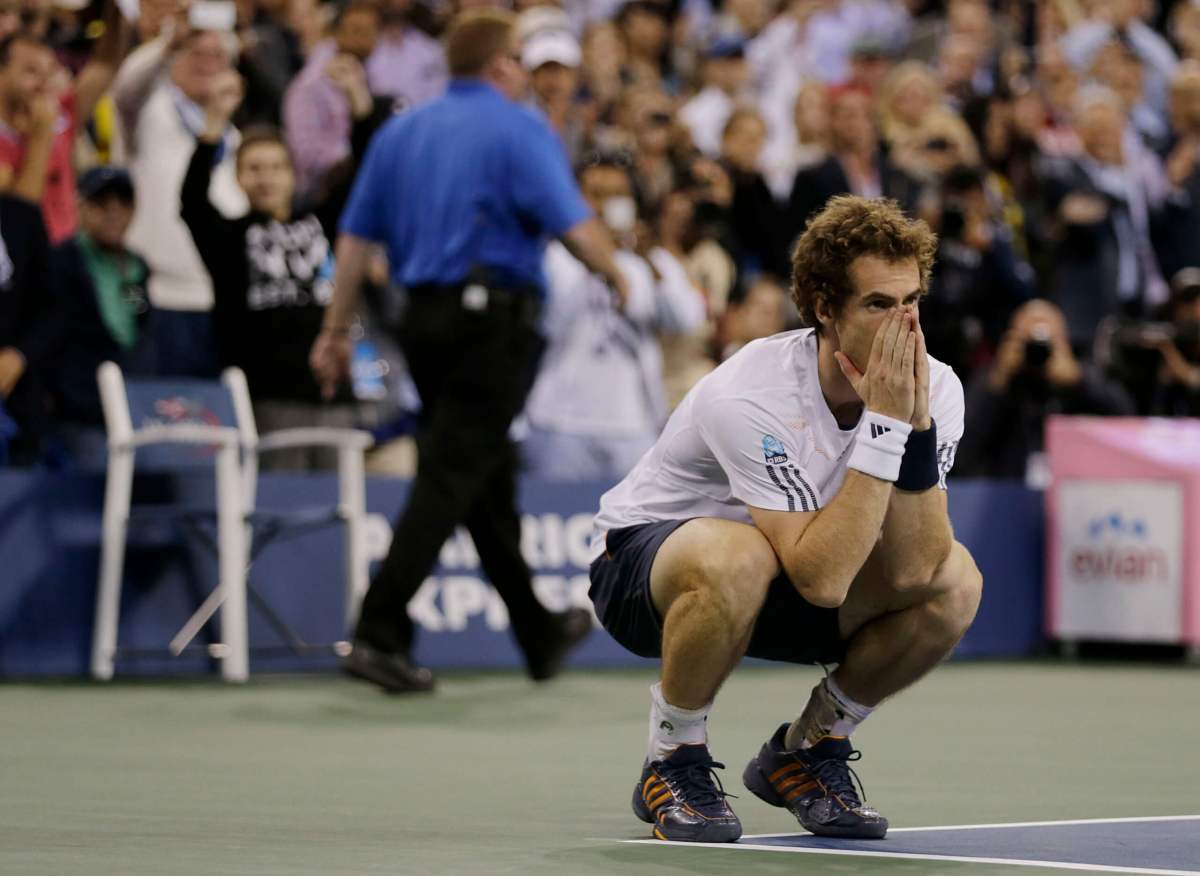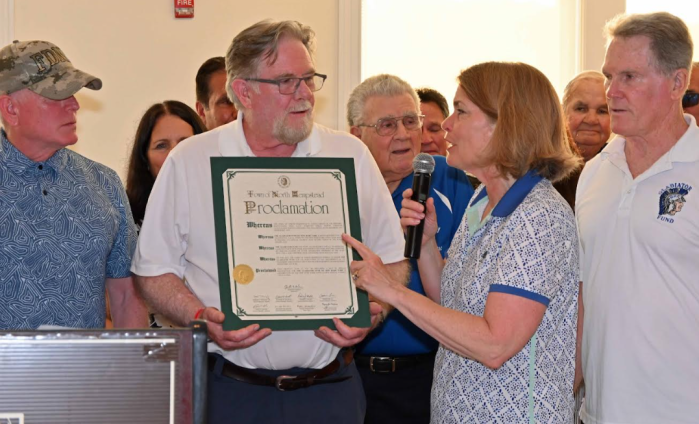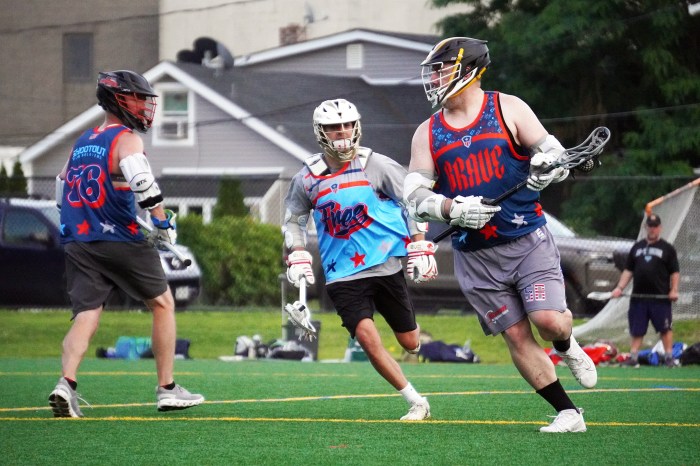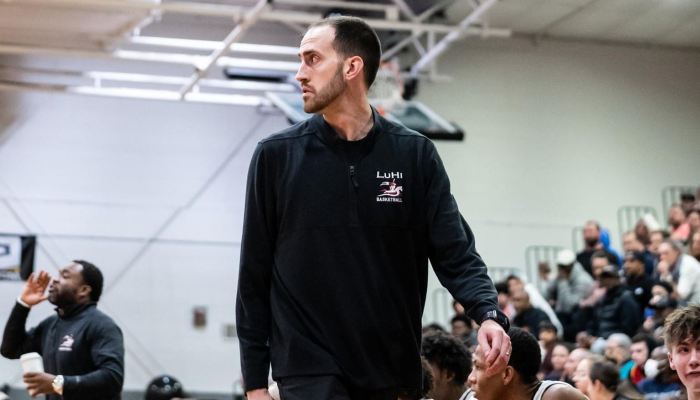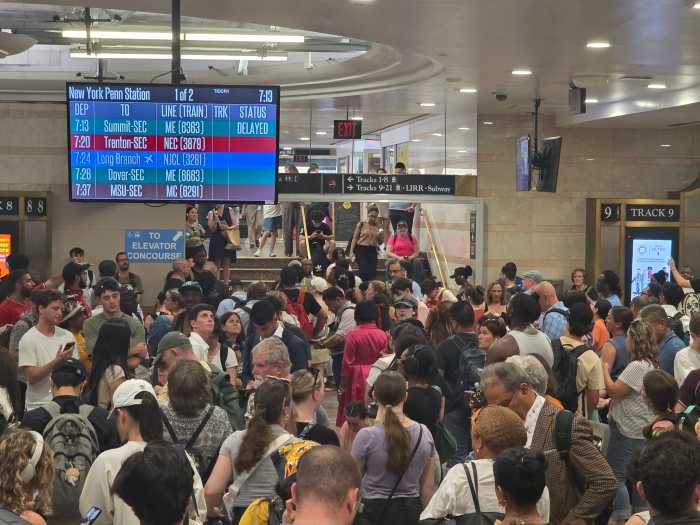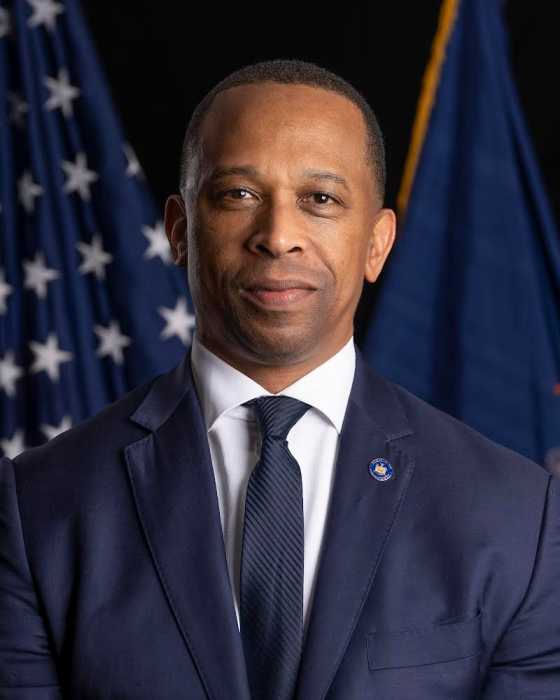
Too exhausted to jump up and down or run over to the stands the way some newly crowned champions do, Andy Murray dropped his racket to the court, crouched down gingerly and covered his mouth with his hands. A few minutes later, he took off his shoes, sat in his chair on the sideline, leaned his head back and looked into the dark New York sky.
What a relief!
The 25-year-old Scotsman won the U.S. Open to earn the Grand Slam title that had eluded him the four previous times he had gotten this close. It took six minutes short of five hours on a windblown Monday night that was certainly not made for tennis. If it seemed like longer, well, there are some pretty good reasons for that.
Murray’s final against Novak Djokovic felt like three matches packed into one and maybe a lifetime or two for those watching back home in Britain, where it was a few minutes after 2 a.m. Tuesday when the last ball was struck. After taking a two-set lead, then squandering it, then girding himself for the deciding fifth set, Murray brought the first major men’s title back to Britain since 1936, defeating the defending champion 7-6 (10), 7-5, 2-6, 3-6, 6-2.
“I cried a little bit on the court,” said Murray, after becoming the first man to bring a Grand Slam trophy to Britain since Fred Perry did it, three years before the start of World War II. “You’re not sad. You’re incredibly happy. You’re in a little bit of disbelief because when I have been in that position many times before and not won, you do think, you know, is it ever going to happen?”
If there’s one other person aware of how difficult these things are to conquer, it’s Murray’s coach, Ivan Lendl. To prepare for the season, Murray hired Lendl, the Czech who lost in his first four trips to Grand Slam finals before breaking through at the French Open in 1984.
The first one under his belt, Lendl went on to win seven more.
“It was a very strange thing,” the 52-year-old three-time U.S. Open champion said. “I went, in one match, from a guy who can never come back to a guy who never gives up. I don’t think I deserved either of those. But that’s the way it goes … sometimes.”
When they teamed up, Lendl and Murray both said it would take between six and nine months to see the results. You could’ve set your watch by that one. Murray won the Olympic gold medal last month on home turf at Wimbledon. He closed out a grueling summer of tennis by going 7 for 7 at Flushing Meadows.
And boy was No. 7 a doozy.
It included rallies that often lasted 20, 25, 30 strokes — and one that even went 55.
It included 17 breaks of serve and 121 unforced errors — a number that often speaks of shaky play, but in this case was a testament to the way the wind wreaked havoc with seemingly every shot over these grueling five sets.
The 4 hours, 54 minutes tied a U.S. open final record.
“It was an incredibly tough match, and, yeah, obviously it felt great at the end,” Murray said. “Relief is probably the best word I would use to describe how I’m feeling just now.”
Much the way he did in the start of his semifinal Saturday against David Ferrer, Djokovic came out looking completely unready to tackle the wind that blunted both players’ serves and turned dinkers and slice backhands — all of them hanging, twisting and turning in the wind — into the shots of choice. Djokovic lost serve at love in the opening game, but broke back in the seventh game en route to a tiebreaker.
The tiebreaker lasted 25 minutes and set a U.S. Open final record by going 22 points. There were 10 points of 10 shots or more, all the sort of taxing, defensive, territory-grabbing rallies that defined this day. Djokovic saved five set points. Murray broke through on No. 6 with a serve that Djokovic could not handle.
Set over. And so, it seemed, was the match, especially when Murray broke serve twice to open a seemingly insurmountable 4-0 lead.
But Djokovic has been in seven of the last nine Grand Slam finals — and won four of them — in part because he’s got a knack for pulling out matches when things are at their bleakest.
He made the previous two U.S. Open finals by saving a pair of match points, both against Roger Federer. Earlier this year, in the French Open quarterfinals against Jo-Wilfried Tsonga, Djokovic saved four match points and won that match, en route to another final.
So, when Djokovic broke once, then again, to push the second set to 5-5, it didn’t come as much of a surprise.
He lost that set. But he cruised through the next two, getting more aggressive by the minute, pushing Murray from corner to corner, not allowing him to dictate with his strange spins honed as a kid in the blustering winds of Scotland. It looked like Djokovic’s match to win.
Murray regained the momentum quickly, however, hitting a forehand winner at 30-all in the first game of the fifth set, then nicking a net cord to win break point. Djokovic couldn’t believe it. He stood with his hands on his hips staring at his players box and smiling a wry smile while Murray chomped on a white towel and headed over to his chair. As the set wore on, Djokovic started moving slower and slower. Trailing 5-2, the trainer came out to work on his aching right leg.
To no avail. It turned out to be too big a hill to climb for the No. 2 seed. And so, this marks the first time since 2003 that four different men have won the Grand Slam titles.
“I really tried mentally to be out there and physically to always push myself over the limits,” Djokovic said. “If I had won that first set and had some chances, maybe the match would go a different way. But there is no reason to go back and say ‘What if? What if?’ He’s a Grand Slam winner and he deserves to be there.”
The match lasted four minutes longer than the one these two played back in January in the Australian Open semifinals — a five-set win for Djokovic that he followed up with another, even longer victory in the final against Rafael Nadal.
Though it was a loss, Lendl looked at it as a turning point for Murray, who had fallen to Djokovic in one Grand Slam final and Roger Federer in the other three, including Wimbledon earlier this year.
“Because that was just a war like tonight and that has given him the belief he can do that, he can hang with these guys,” Lendl said. “It showed him what it takes to win, so nothing caught him by surprise today.”
Back in Britain, the celebration was on. “Yankee Doodle Andy!” shouted one of the headlines. Murray now has a permanent spot in the hearts of fans in a country that invented Grand Slam tennis — awarding the first of the sport’s top titles, back at Wimbledon in 1877.
Lendl, who saw the floodgates for his own career open after he finally broke through, insists there was no magic behind Murray’s first major victory. Only a lot of hard work, with more to come.
“You can help somebody in a very short period of time,” he said. “However, it takes longer for more things to set in. You cannot do it all in one week, you cannot do that in one month, and hopefully, we’re not anywhere near where Andy could get.”
Copyright 2012 The Associated Press.




